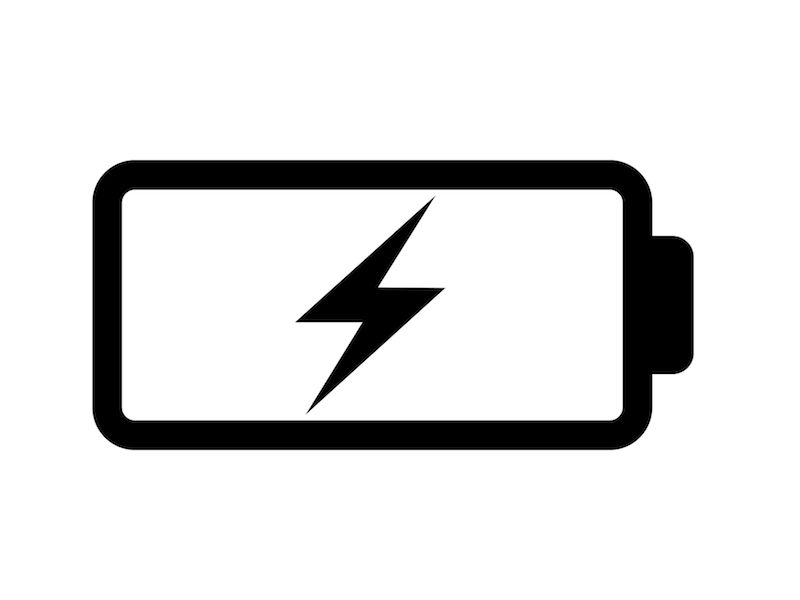
Worrying about losing battery power is something you shouldn’t have to do with rechargeable hearing aids, but when you rely on this technology, it might make you slightly nervous. Do rechargeable hearing aids work, and do they work as well as marketed?
Those questions are reasonable, as is the accompanying stress. A hearing aid can be a necessary part of one’s everyday life, as necessary for a quick visit to the grocery store as they are for the enjoyment of a movie or television show. It’s essential that a piece of technology functions properly and dependably, especially when it impacts so many facets of life.
What Kind of Battery do I Have?
Most modern-day hearing aids are equipped with rechargeable batteries by default, so if you purchased your hearing aids recently it’s likely that your hearing aids will have one of two battery types. Silver-zinc batteries, which have a battery door on the back of the device, are rechargeable, but every now and then they have to be replaced. A Lithium-ion battery, however, will not have a battery door because the batteries will last as long as the hearing aid does.
Rechargeable Hearing Aids Need Special Care
For the most part, rechargeable hearing aids do work, and they work well. The dependability of these devices has increased considerably in the last few years, as battery technologies have advanced. As it is with any other electronic device, however, there are some easy maintenance procedures that users can take to improve the reliability of their rechargeable hearing aids.
- Keep Your Hearing Aids Clean and Dry: Your hearing aids will collect debris, dust, and moisture regardless of how often you use them. Any combination of these three elements can diminish the efficiency of your battery and can hinder charging as much as it needs. That’s why it’s important to keep your hearing aids clean and dry specifically when connecting your hearing aid to its charging station.
- Store Your Hearing Aids on The Charging Station: If your hearing aids have rechargeable batteries, you can increase your device’s battery life by ensuring that you consistently store your hearing aids on their charging station. The long term battery life is not shortened by charging a battery that is not fully drained.As a matter of fact, ensuring that your hearing aids are charging when not in use can actually boost your long-term battery life. For lots of people, setting their charging station next to their bed is a convenient reminder to charge the devices when it’s not in use.
- Be Mindful of Wires: Either the charging station or the hearing aid itself will have some kind of wire element on most hearing aids. Being mindful of these wires is essential for hearing aid users; do not pull or hold your device by these wires as this will damage the connections that enable your hearing aid to charge.
How to Replace a Rechargeable Battery
Lithium-ion batteries will normally last the as long as your device does. So replacing those batteries won’t be something you ever have to be concerned about. Your hearing aids can then be simply charged as long as necessary.
However, you will need to occasionally replace the batteries if you have a hearing aid that utilizes silver-zinc batteries. Switching batteries in the correct way can help improve the lifespan of your hearing aids. As such, the majority of people who use these hearing aids are counseled to:
- Let the batteries sit out at room temperature for at least five minutes before taking off any tabs that might be attached.
- Ensure that your battery compartment is clean and free of moisture.
- Ensure you wash your hands before replacing your hearing aid batteries.
- Keep batteries in a room temperature spot that is also certain to be dry.
- Don’t get rid of any plastic tabs or packaging until you’re ready to use batteries.
Non-Use For Long Periods
If you are planning not to use your hearing aids for long periods of time, leaving them on the charger may no longer be the best way to store your devices. If, for example, you know that you won’t be using your hearing aids for a few weeks or months, you can simply remove the charger and store your hearing aids in a cool and dry place.
If your hearing aids use silver-zinc batteries, you may also think about leaving the battery door open so that you can stop moisture from corroding your batteries.
Keep it Charged Every Day
For most individuals, and for everyday use, charging your hearing aids once per day should be sufficient for all of your requirements. To get 24 hours worth of battery life with a lithium-ion battery will usually only require 3-4 hours per day.
Do rechargeable hearing aids work? Not only do they work, but rechargeable hearing aids will likely become much more common and dependable as the technology continues to improve. Contact your local hearing aid retailer to see all the different models